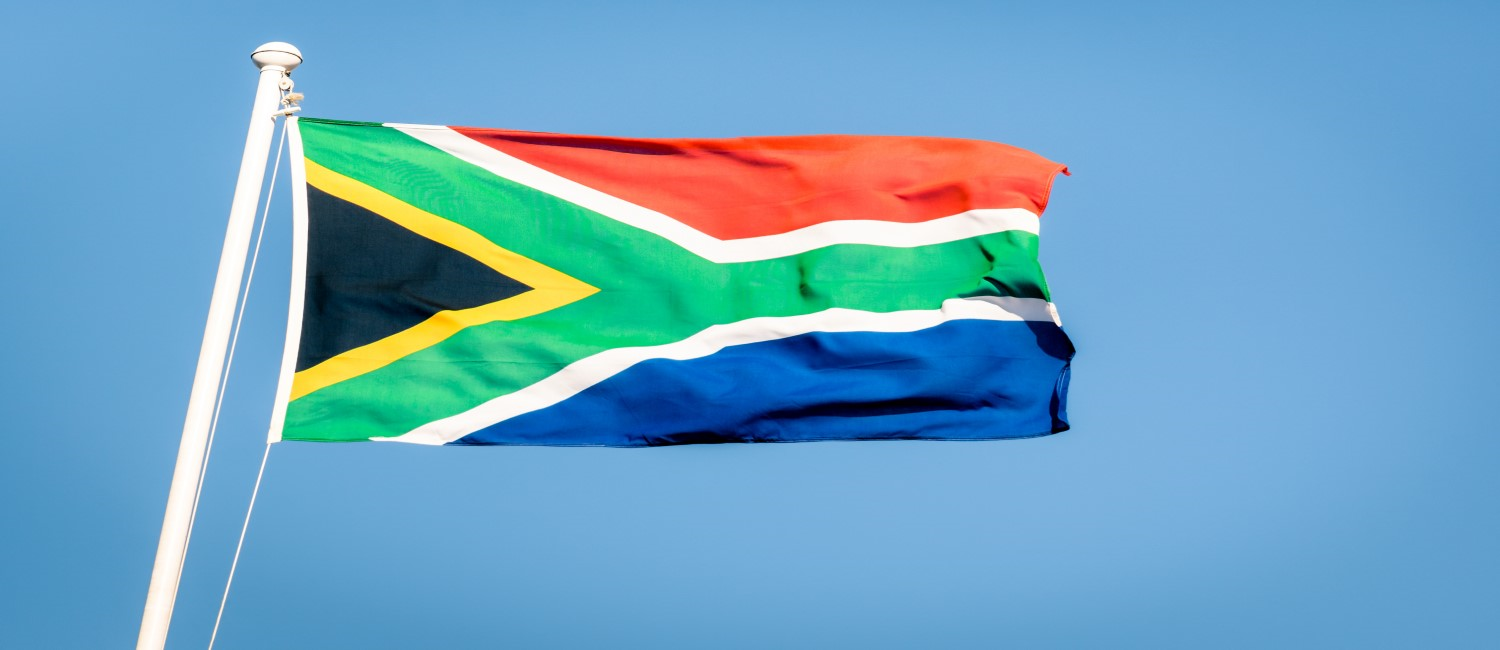Latvia is a country located in Northern Europe with 1.9 million residents. Latvia joined both NATO and the EU in 2004. According to World Bank Data, the government had 17,726 GDP per capita in 2020. The biggest trade partner of Latvia is Lithuania. The country is not subject to any international sanctions.
Latvian untaxed shadow economy is estimated to be 25% of the overall economy. Authorities state that the primary sources of laundered money are tax evasion and organized criminal activities such as fraud. Transparency International Corruption Index gave Latvia 59 points (0 being the worst and 100 being the best.) According to global regulators, the country has strong anti-money laundering (AML) laws against PEPs, but it often doesn't imply them.
Latvia & INCSR
Latvia was designated as a "Jurisdiction of Primary Concern" by the US Department of State in the 2016 International Narcotics Control Strategy Report (INCSR). However, it is noteworthy that in subsequent INCSR reports, Latvia has not retained this designation. The most recent findings from these reports indicate the following:
Latvia is a significant regional financial hub, boasting an extensive network of commercial banks and a substantial non-resident deposit base. Impressively, over half of Latvia's banking system, totaling around 30 billion euros (approximately $33 billion) comprises deposits from foreign sources. The nation strategically positions itself as a gateway to the European Union.
It's important to note that non-resident funds originating primarily from neighboring Russia and other former Soviet states continue to flow into Latvia. Even in the face of international sanctions imposed in the spring of 2014, the Financial and Capital Market Commission (FCMC) reported in May 2015 that the growth of non-resident deposits from Russia has remained consistent.
Non-resident deposits pose a notable risk, as they potentially create an avenue for money acquired through corrupt and illicit activities outside of Latvia to be laundered within the country. Due to Latvia's geographic location, a substantial untaxed shadow economy estimated at around 25 percent of the overall economy, and issues related to public corruption, combating money laundering in the nation presents significant challenges.
Latvian regulatory agencies actively monitor financial transactions to spot potential instances of terrorism financing. A black market for smuggled goods primarily involves items like cigarettes, alcohol, and gasoline. However, this illicit trade doesn't generate significant funds that make their way into the official financial system for money laundering purposes.
What is the current FATF Status of Latvia?
Since its mutual evaluation report in July 2018, Latvia has made commendable efforts to strengthen its framework for preventing money laundering and terrorism financing. As a result, MONEYVAL has updated its ratings for the nation. About ten Recommendations that were previously rated as "partially compliant" and one Recommendation that was rated as "largely compliant" have improved Latvia's ratings.
Latvia started an improved follow-up process after adopting its mutual evaluation report, which evaluated the efficiency of its AML/CFT policies and their compliance with the FATF Recommendations. This procedure required the nation to submit a report outlining its improvements in strengthening its AML/CFT framework in accordance with the operational requirements of MONEYVAL.
In light of this noteworthy development, MONEYVAL has reevaluated Latvia's adherence to several essential recommendations. On the following Recommendations, Latvia's ratings have been raised to "largely compliant":
- 7 (targeted financial sanctions related to proliferation)
- 6 (targeted financial sanctions related to terrorism and terrorist financing)
- 8 (non-profit organizations)
- 10 (customer due diligence)
- 22 (customer due diligence for DNFBPs)
- 26 (regulation and supervision of financial institutions)
- 28 (regulation and control of DNFBPs)
- 32 (cash couriers)
- 39 (extradition)
- 40 (other forms of international cooperation)
The 40 FATF Recommendations are currently deemed "compliant," with seven of them, and 33 are considered "largely compliant" with Latvia. Despite these encouraging developments, MONEYVAL has chosen to maintain Latvia's enhanced follow-up status. The nation will continue to give MONEYVAL updates.
Anti-Money Laundering Solutions for Latvia
Due in part to its historical struggles with corruption and shadow economies, Latvia has struggled with money laundering and illicit financial activities. Financial institutions in Latvia must be vigilant in addressing these issues within their operations as they diligently work to comply with AML regulations. Sanction Scanner provides advanced options designed for Latvia's particular AML environment. Our tools enable businesses to efficiently fulfill their AML obligations while gaining invaluable knowledge about the nation's changing AML environment. Please don't hesitate to contact us for a demonstration to learn more about how Sanction Scanner's products can support AML compliance efforts despite Latvia's unique challenges, including its history with money laundering and its regulatory development.





